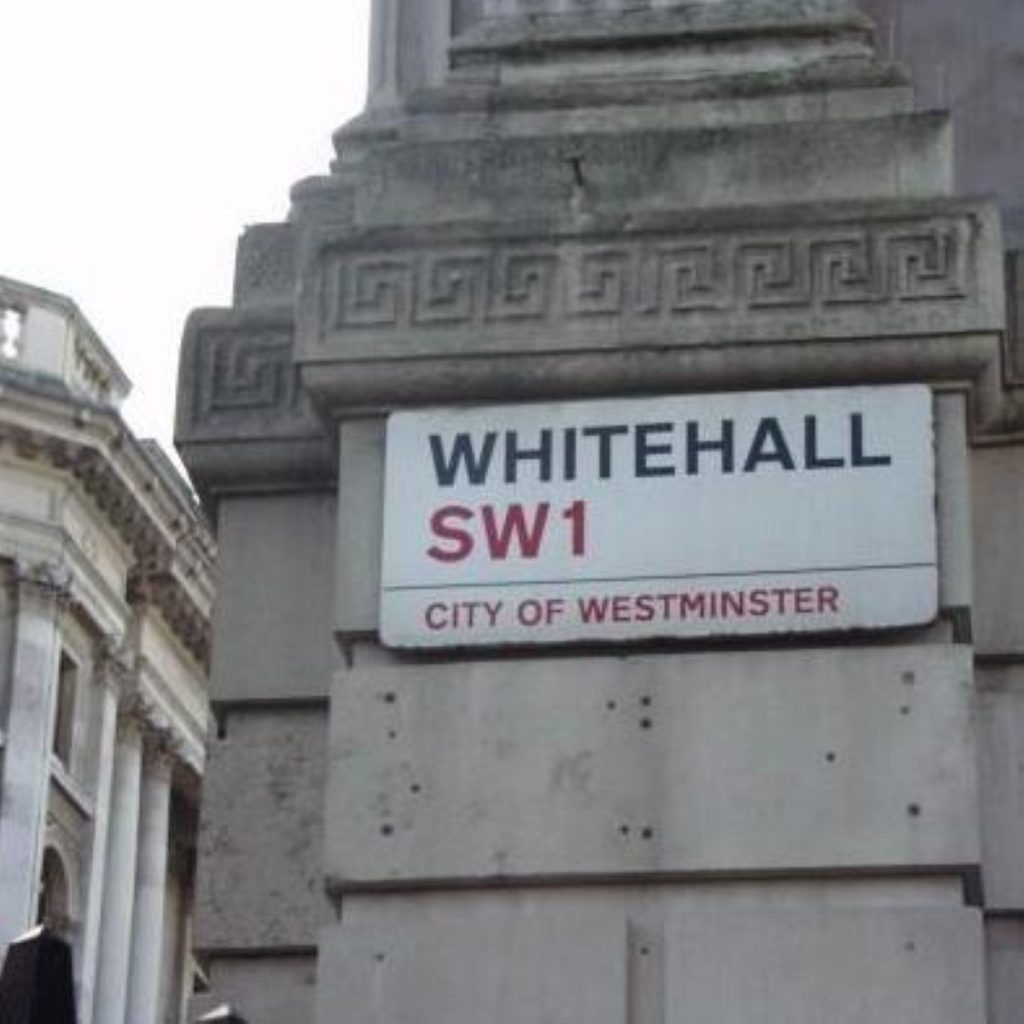‘Imprudent’ government office space criticised
The government could save £300 million a year if it was more efficient in its use of office space, a report has claimed.
The National Audit Office (NAO) reports today that central government departments are still a “long way” from achieving full value for money from official accommodation.
While some departments were found to be on course towards a structured and strategic approach to property asset management, others were single out for criticism.
The NAO has called on the government to apply the standards seen in the best private sector buildings to its own estate.


Sir John Bourn, the head of the NAO, said: “Government departments have a challenging time ahead in addressing the efficiency of their office accommodation.
“There are positive signs of departments beginning to engage with the issue, but there is still a vast amount of change required.”
Sir John concluded the government is “still a long way from achieving full value from its office estate.”
The government estate costs the taxpayer an estimated £6 billion a year, with £1 billion spent by central government on office property alone.
Departments based in London faced the highest costs, while departments could save costs by relocating to the north-west.
Considerable variations were found in the amount paid for office space, ranging from £636 per square metre at the Department for Culture, Media and Sport to £123 at the former Department for Education and Skills.
The amount of space available for each employee also varies between departments, prompting the office of government commerce to consult on a space ‘standard’ of 12 square metres per employee.
Staff at Gordon Brown’s former department enjoy the most spacious premises, with 21.9 square metres of office space each.
Liberal Democrat Cabinet Office spokesman Norman Baker said the report demonstrates the “enormous savings” simple efficiency measures could bring about.
Mr Baker said: “The government is always lecturing local councils and other public sector bodies on the need for greater efficiency, so it’s high time it puts its own houses and buildings in order.
“The prime minister always claims he is interested in ‘prudence’ so let him act now.
“What is needed is a determined programme that will both cut costs and the environmental impact of the activities of central government.”
The NAO report is also critical of government departments’ failure to monitor their own environmental impact.
Auditors were unable to obtain data on energy usage on 265 out of 877 buildings, details on the proportion of renewable energy used in 300 buildings and information on recycling schemes in 544 buildings.









